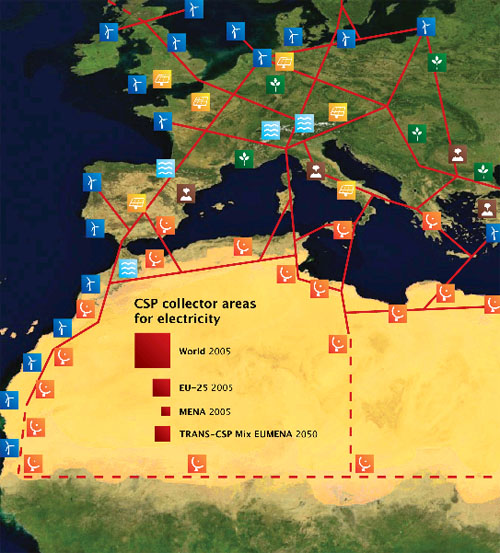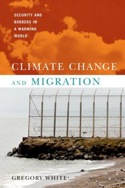[vimeo 87074649 w=480]
I have been marinating in the meaty world of climate change for a good five years now. I’ve been on a wild ride as a film maker producing a documentary called 2 Degrees (that’s the trailer above). Our film looks at the flaws in the UN climate negotiation process through the gritty lens of climate justice, and then follows a fantastic community uprising lead by a fiery 80 year old woman mayor in South Australia.
As a result of this process I have become intensely interested in how we respond psychologically to climate change as humans. How do we cope with the grief, anger, confusion, disbelief and disempowerment that inevitably arises when we allow the reality of those doomsday news reports to sink in? Can we keep our chins up amidst all this?
Personally, I can. I’m way beyond depression and anxiety. In 2009 I sat in at the Four Degrees and Beyond conference in Oxford when the world’s eminent climate scientists shared their current research and came to a collective realisation that the worst case scenarios that each was predicting via their various areas of specialty modelling was, in fact, already playing out. It was a sobering vibe to say the least.
Continue reading “Ange Palmer: Why I Feel So Good About Climate Change”

 The government in New Zealand may make soothing noises about climate change impacts, but that is not an option for the Minister of Environment in Nigeria, Mrs Laurentia Mallam. She issued
The government in New Zealand may make soothing noises about climate change impacts, but that is not an option for the Minister of Environment in Nigeria, Mrs Laurentia Mallam. She issued 
 The NZ Herald business supplement recently carried a thoughtful
The NZ Herald business supplement recently carried a thoughtful 